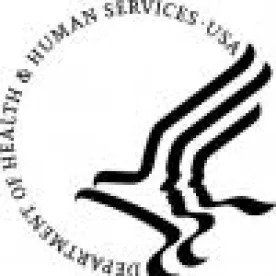On July 17, 2018, Department of Health and Human Services Deputy Secretary Eric Hargan testified before the House Ways and Means Committee concerning possible regulatory reforms to both the Stark Law and the Anti-Kickback Statute. As most hospital executives know, these federal laws are perceived as an impediment to physician contracting, the efforts to coordinate patient care among providers, and the creation of alternative payment models.
Deputy Secretary Hargan testified that these laws were appropriate in a fee-for-service environment, but may not serve the same purpose in a value-based (pay for performance) system.
Just before Deputy Secretary Hargan testified, an op-ed piece written by former HHS secretaries Kathleen Sebelius and Tommy Thompson appeared in “The Hill.” Sebelius and Thompson discussed the need to move the entire health care system from “fee-for-service” to a value-based system. The article recognized that the current system is not designed to encourage the healthcare community to work together and in some instances is designed to prevent collaboration between providers. The article stated that bundled services, services and technologies used to achieve targeted outcomes, and certain elements of outcomes-based pricing are “in tension” with the Anti-Kickback Statute.
It is unknown whether or not reforms will lead to fundamental changes to fair market value compensation rules between hospitals and providers (such as leases of medical office space or payments for the services to hospitals by independent contractor physicians). although Michael Lappin, Chief Integration Officer at Advocate Aurora Health recommended that Congress clarify fair market value and other definitions in order to ensure compliance by hospitals and health systems.
Regulatory reforms may, however, allow smaller, rural hospitals to enter into arrangements with other hospitals and providers now considered risky due to the uncertainty of whether or not those arrangements are compliant with complicated and confusing regulations.
There will be more to come as HHS reviews these regulations and CMS receives public comment on how Stark may be impeding care coordination.



 />i
/>i
